Hay Festival Querétaro 2022 – Outreach
Welcome to the Hay Festival Querétaro 2023 programme. The festival will take place from 7 to 10 September. We will have 105 activities with 151 interantional guests from 20 countries, and with Hay Joven, Hay Festivalito, Hay Delegaciones and Talento Editorial events, as well as two activities in Cadereyta.
Event HD1
Carlos Umaña in conversation with Elisa Guerra
Secundaria General Mariano Matamoros, Santa Rosa Jáuregui
Read moreCarlos Umaña (Costa Rica) won the Nobel Peace Prize in 2017 together with the International Campaign to Abolish Nuclear Weapons (ICAN) for calling attention “to the catastrophic humanitarian consequences of any use of nuclear weapons” and for their “ground-breaking efforts to achieve a treaty-based prohibition of such weapons”. He comes to Queretaro, in the country of the Tlatelolco Treaty, to talk about environmentalism, the need to eradicate nuclear arsenals from the world and what it is like to combine work as a scientist and an activist. In conversation with Elisa Guerra.

Event HD2
Juan Gedovius
Biblioteca Juan de Dios Bátiz Paredes, Delegación Josefa Vergara
Read moreJuan Gedovius is a writer, musician and illustrator, and has published over 40 books. Here he will give a drawing and writing workshop based on his illustrated version of Alice Through the Looking-glass, in which he gives colour and shape to the chess pieces that take on life in the classic book by Lewis Carroll.

Event HD3
Julián Herbert and Luis Jorge Boone
Casa de la Cultura Félix Osores
Read moreLuis Jorge Boone and Julián Herbert, both from Coahuila, offer, with El polvo que levantan las botas de los muertos, a unique and intimate view of the Mexican Revolution, combining non-fiction with poetry and storytelling. By recovering the biographies of two people forgotten by history, that of a private in the federal army who is waiting for the enemy to arrive while he remembers his childhood, and that of a rural teacher who is made a member of the Congress founded by the Constitution of 1917. The authors remind of us of the many life stories that were buried by the violence of the war and by the passage of time.
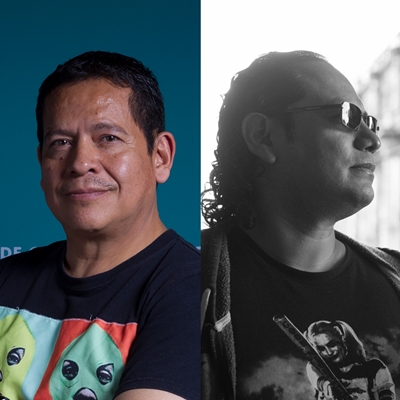
Event HD4
Maruan Soto Antaki in conversation with Imanol Martínez
Centro de Formación La Vía - Delegación Centro Histórico
Read moreMaruan Soto Antaki is a writer, born to a Syrian mother and a Mexican father, who is one of the major Mexican analysts of the political and religious situation in the Arab world. He is the author of five novels and several books of non-fiction, including Pensar Medio Oriente, Pensar México and Pensar Occidente. He presents his first work of non-fiction for young people, Lo que hicimos mal los adultos, illustrated by Bernardo Fernández, Bef, with the intention of explaining some of the main conflicts in the world to today’s teenagers, so they have more tools available to them in order to understand the crises that will still be with them in the future. Based on his great understanding of the issues, he will talk with Imanol Martínez about the way he sees the Middle East, the West and Mexico.

Event HD5
Jumko Ogata Aguilar in conversation with Elisa Guerra
Centro Cultural Comunitario Carrillo Puerto
Read moreThe main character of Mi pelo chino says that she used to find her curly hair annoying because it was unlike the hair of other girls her age. However, one day her grandfather teaches her the special care that her Chinese hair needs, and all the hairstyle possibilities it offers, because this shows how she can be beautiful in different ways. This is a story about the construction of an identity in peoples who have traditionally been ignored in national cultural production. Jumko Ogata Aguilar (Xalapa, 1996) is a writer and an Afro-Mexican anti-racism activist. Originally from Veracruz, she studied Latin American Studies at the UNAM. She writes fiction, essays and film criticism. Her writings have been published in the Revista de la Universidad de México and by the British Council in Mexico, and she writes a column for Coolhuntermx. She contributed to the anthology of feminist texts Tsunami 2, published by Sexto Piso in 2020. In conversation with Elisa Guerra.

Event HD6
Tania Tagle
Centro Cultural Comunitario Epigmenio González
Read moreThe Mexican writer Tania Tagle presents her first book of essays, Germinal, which contains ten years of reflections on pregnancy, birth and raising her first child. The author will talk about the ideas that have given form to the experience of being a mother since classical antiquity, revisiting concepts that range from the monstrous to the miraculous, in order to think about how these affect and determine the current experience of motherhood.
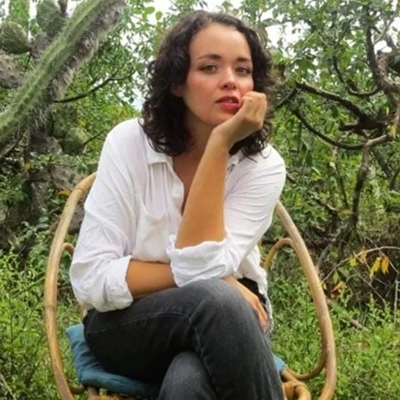
Event E1
Guillermo Arriaga in conversation with David Marcial Pérez
Casa de la Cultura, Cadereyta
Read moreGuillermo Arriaga (Mexico), a writer and screenwriter, has won prizes such as the Mazatlán and the Alfaguara as a novelist, as well as the Best Screenwriter award at the Cannes Festival and the Golden Lion at Venice; he has also received nominations for an Oscar, a Golden Globe and a Bafta. At this event, the multi-talented writer for print and screen presents his latest novel, Extrañas, a bildungsroman set in 18th-century England that tells of the fascinating rise of science during the Enlightenment period, and its opposition to religion, the irrational and the monstrous side to human nature. In conversation with David Marcial Pérez.

Event HD7
Dahlia de la Cerda in conversation with Jumko Ogata Aguilar
Casa de la Cultura Cayetano Rubio
Read moreThe author of the essay Feminismo sin cuarto propio, included in the anthology of feminist texts Tsunami 2, and of the outstanding short story collection Perras de reserva (2022), Dahlia de la Cerda (Mexico) returns with Desde los zulos (2023), a book that combines autofiction, journalism and essay to reflect on marginal feminisms, the danger of excluding practices within the social movements and proposes a more plural and diverse view of feminism. Dahlia de la Cerda has a degree in Philosophy, was a fellow of the 2015 Aguascalientes Programme for the Stimulation of Artistic Creation and Development and was also a beneficiary of the FONCA Young Artists’ Programme in 2016 and 2018. She is a co-founder and co-director of the Morras Help Morras feminist collective. She talks to Jumko Ogata Aguilar.

Event E2
Leontxo García
The educational power of chess
Casa de la Cultura, Cadereyta
Read moreThe Spaniard Leontxo García works in educational chess and has experience in over 30 countries. He gives lectures on the educational, social and therapeutic applications of chess (particularly its power to combat aging of the brain and Alzheimer’s), as well as its history and famous champions (having met all of them since Botvínik). Principal Councillor for Educational Chess of the World Chess Federation (FIDE, 199 countries), he has also been a journalist since 1983. He offers us a fascinating lecture on the educational power of chess, especially for young children, establishing links with the most common school subjects.

Explore All Genres
- Afrodescendencias
- Art
- Arts & Culture
- Biography
- Children
- Culture
- Dance
- Drawing
- Economics
- Education
- Equality
- Family
- Film
- Food
- Gender
- History
- Human Rights
- Indigenous Cultures
- Journalism
- Language
- Law
- Literature
- Lviv BookForum
- Memoir
- Music
- Nature & Environment
- Performance
- Photography
- Poetry
- Politics
- Science
- Society & Health
- Theatre
Principal Sponsor
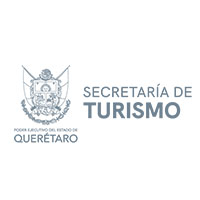

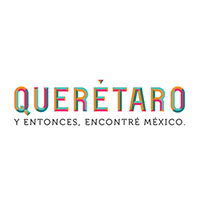
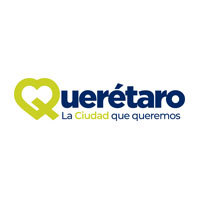
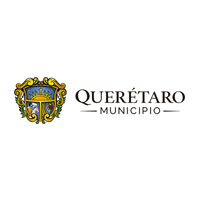
Partner for Latin America

